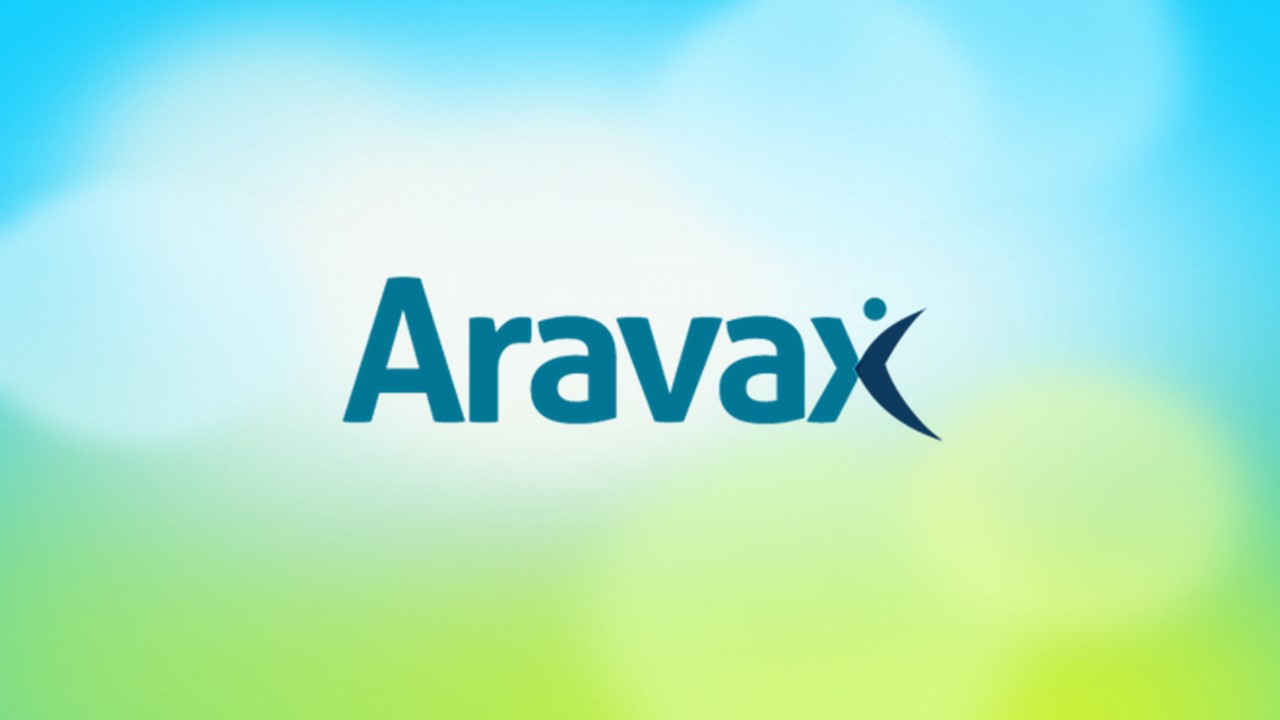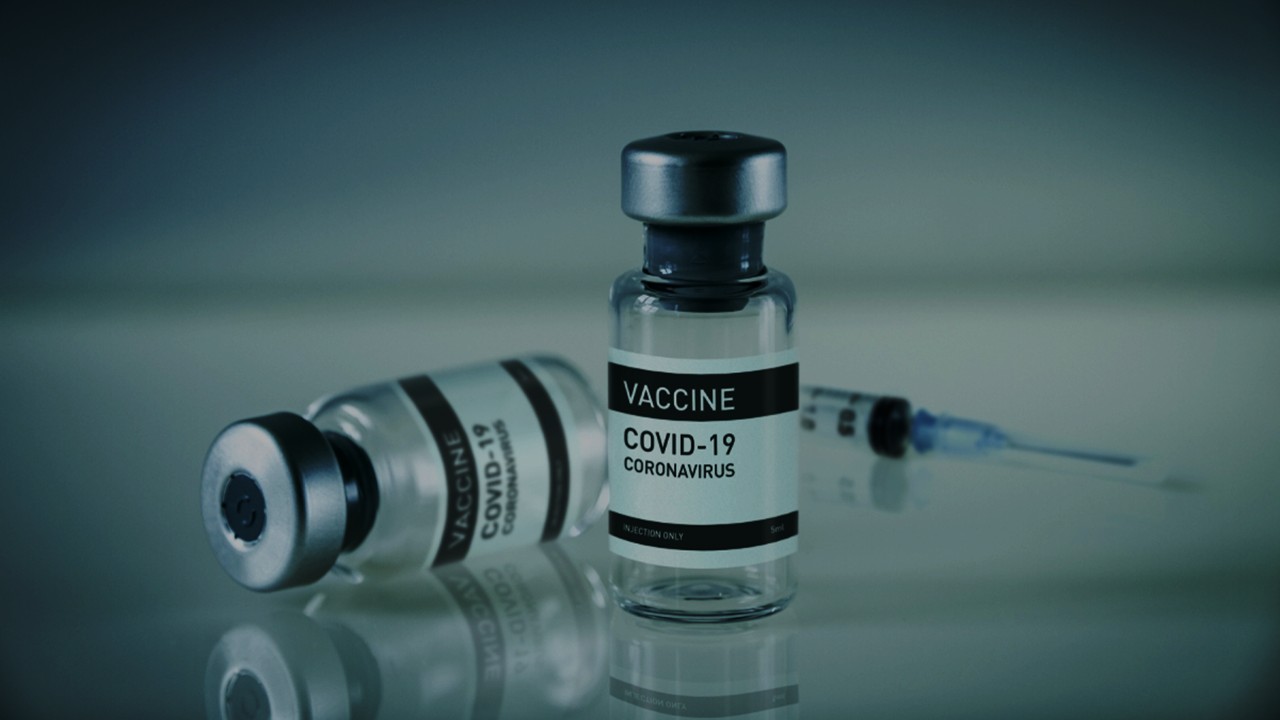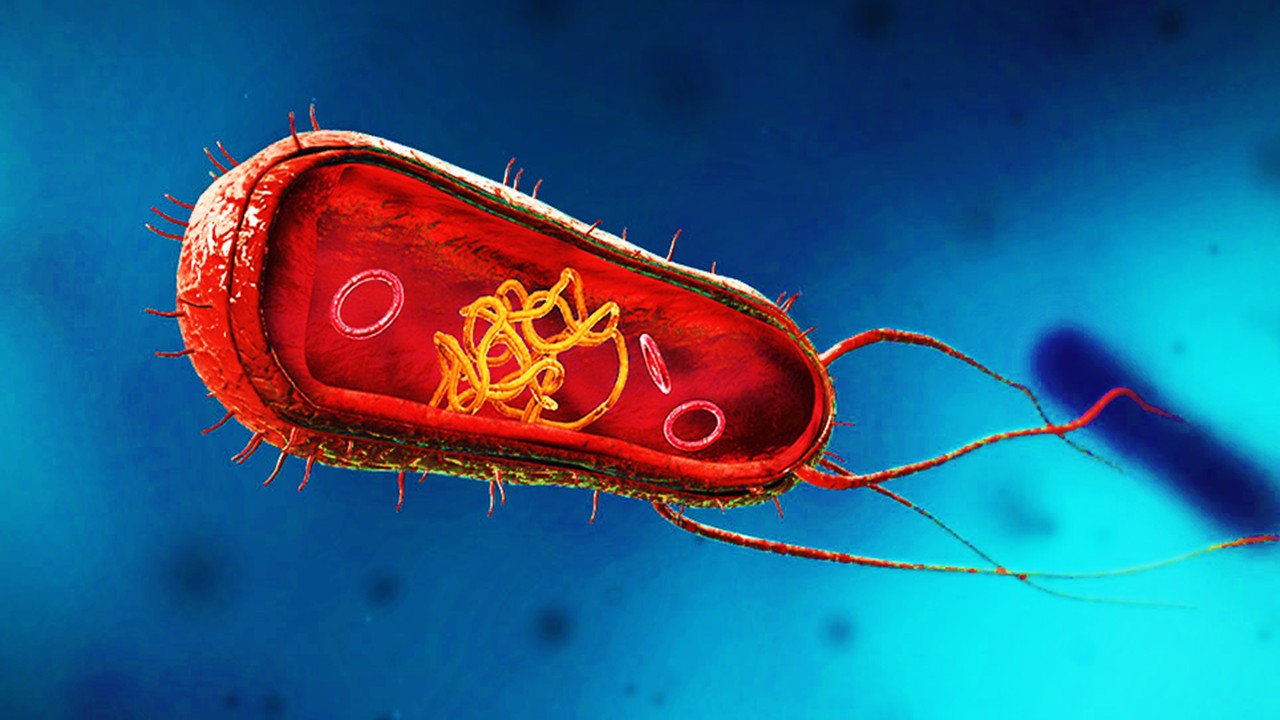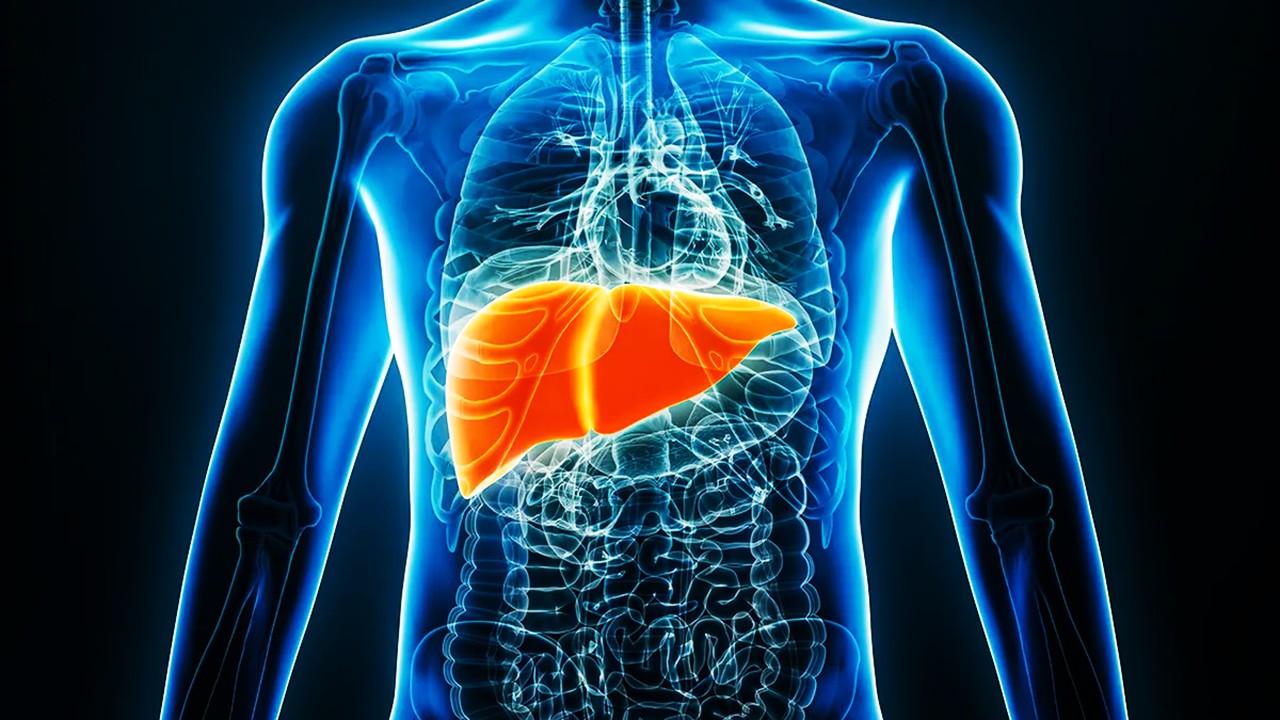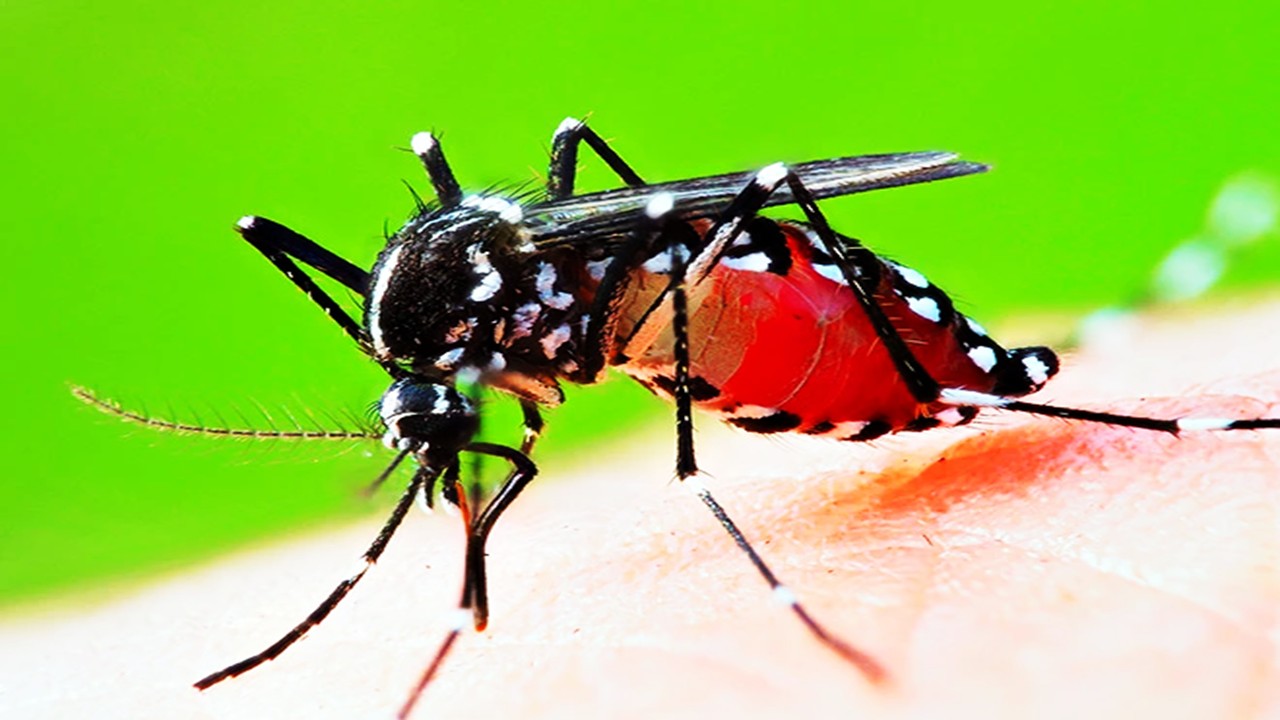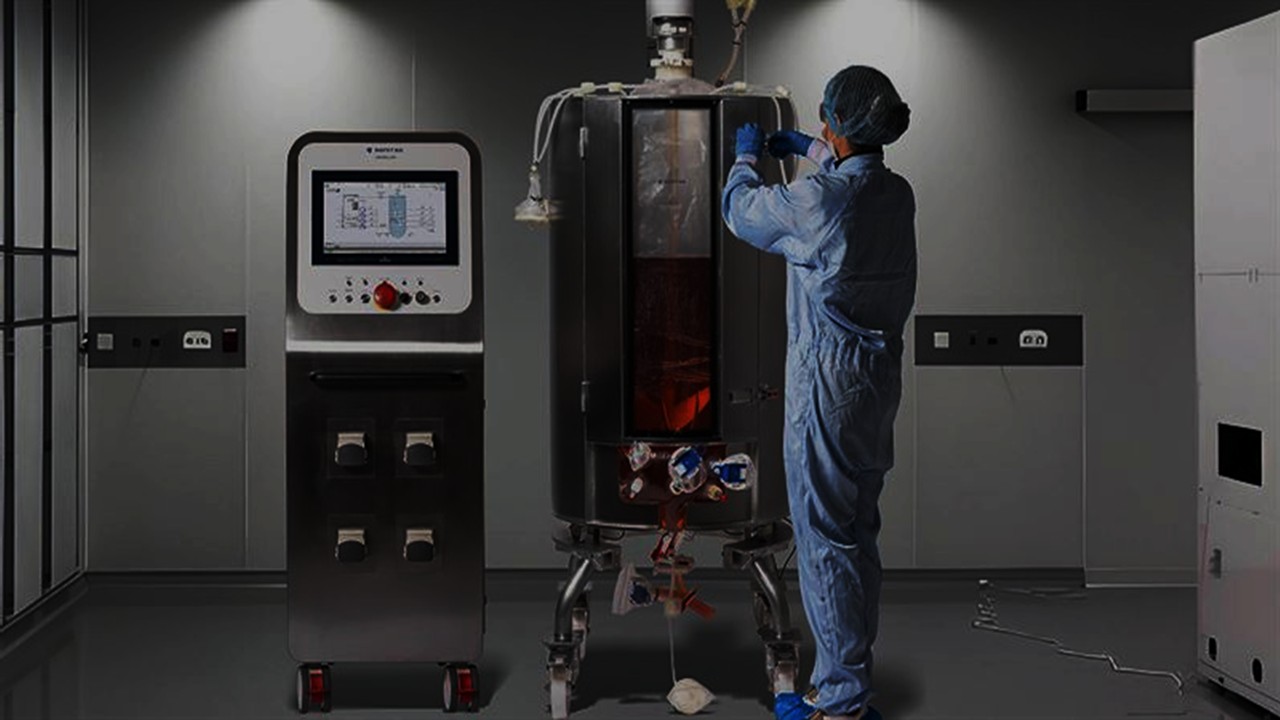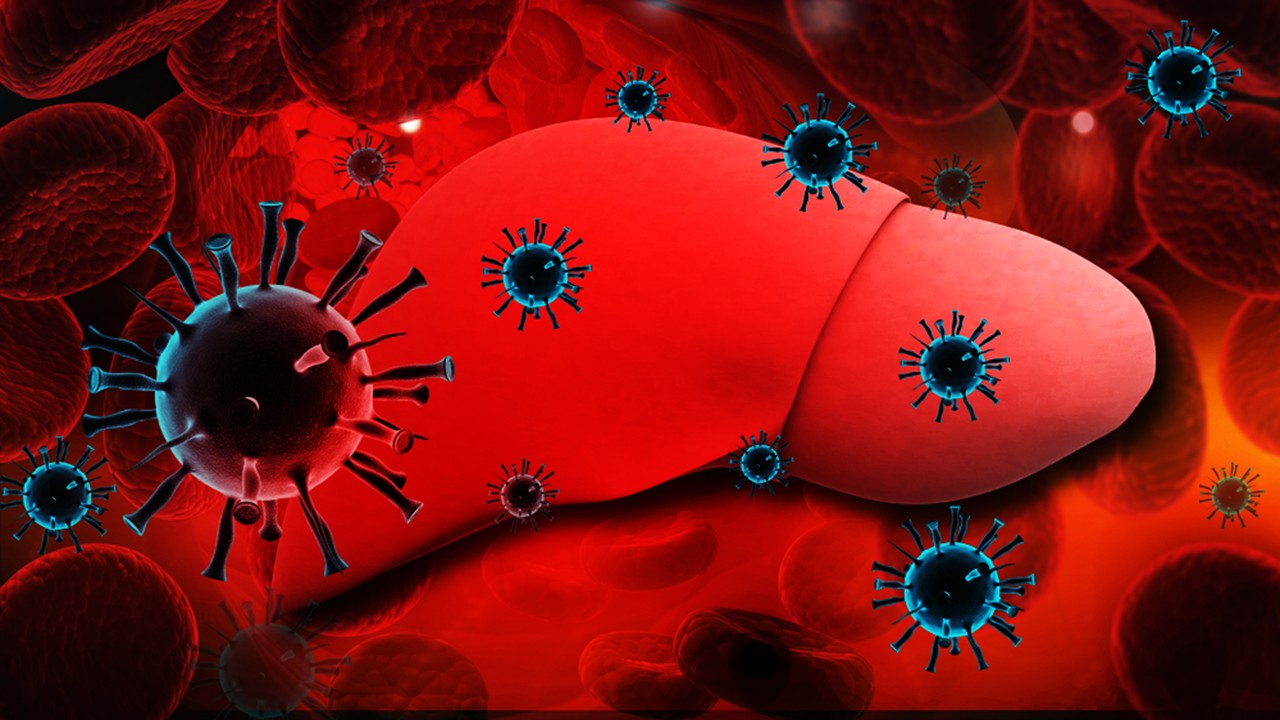Portage Biotech to acquire Tarus Therapeutics
07-Jul-2022
Portage Biotech, a clinical stage firm in the immuno-oncology space, announced an agreement for the acquisition of Tarus Therapeutics, a company concentrating on the development of adenosine receptor antagonists. The acquisition will happen for 2,425,999 Portage Biotech shares, as well as the assumption of $3m liabilities by Portage – with the possibility of milestone-associated payments of up to $32m in shares or cash. The acquisition brings with it four best-in-class candidates targeting various parts of the adenosine pathway, which can enable tumor cells to escape immune surveillance by limiting the functionality of T cells, NK cells, dendritic cells, macrophages and neutrophils as well as enhancing immunosuppressive cell types. Given the mission of Portage to overcome treatment resistance for immunotherapies, the product candidates will form a significant addition to their portfolio, as stated by their CEO, Dr. Ian Walters:
“Portage’s development strategy relies on our ability to identify and efficiently develop novel opportunities to improve the landscape of immuno-oncology treatment for patients with cancer. Based on the extensive scientific literature and promising clinical data supporting the role of adenosine in immunosuppression, we expect that these new products represent such an opportunity.”
Origin Therapeutics Holdings to advance Psychedelics with Clairvoyant
07-Jul-2022
Origins Therapeutics Holdings, an investment issuer with an interest in the psychedelics industry, announced the addition of Clairvoyant Therapeutics to its portfolio. Clairvoyant works on the validation and development of psilocybin therapeutics in the EU, UK and Canada, particularly for addiction treatment. Clairvoyant is currently proceeding with an ongoing Phase II trial for the validation of synthetic psilocybin vs placebo in Alcohol Use Disorder (AUD), in combination with Motivational Enhancement Therapy. Alcohol Use Disorder continues to be a growing problem, with 5.1% of the global population aged 15 or older living with some form of the condition while few new therapies are being investigated to manage the disorder. Alexander Somjen, CEO of Origin Therapeutics Holdings highlighted the significance of the move:
“Psychedelic medicine delivered in conjunction with therapy has been demonstrated by compelling clinical research to have potentially profound positive effects on those suffering from substance use disorders [..] Clairvoyant has a unique speed-to-market strategy for psilocybin therapy and an experienced drug development team. We believe that Clairvoyant makes an excellent addition to our portfolio.”
Roche and EarlySign Partner for AI Screening in Lung Cancer
07-Jul-2022
EarlySign, an Israeli AI company, announced a collaboration with pharma giant Roche for the advancement of AI diagnostics in lung cancer. EarlySign concentrates on clinical predictive analysis models, which it hopes will lead to earlier diagnoses. The agreement is not the first of its kind, with the two companies, which are already working on a personalized health solution for gastric cancer. As lung cancer remains the second most commonly diagnosed cancer, earlier identification of high-risk individuals can increase survival rates by facilitating treatment while the cancer is still curable. EarlySign uses demographic, medical, drug and lab data to determine subpopulations at risk and flag individuals for follow-up screenings. Roche highlighted the eagerness of the corporation to stay on the pulse of cutting edge technology innovations, in a comment released by James Sabry, Head of Roche Pharma Partnering:
“As the only company combining pharma and diagnostics solutions, as well as cutting-edge tech and data capabilities under one roof, we are working towards a future in which treatments are targeted to an individual’s needs […] To achieve this goal, we are eager to team up with innovative partners like EarlySign, who share our vision to enable better decision-making and ultimately improve patient outcomes.”
Boehringer Ingelheim, Evotec and bioMérieux launch Antimicrobial Resistance venture
06-Jul-2022
Evotec, Boehringer Ingelheim and bioMérieux announced the launch of a joint venture for the creation of next-generation antimicrobials in a bid to overcome the rising threat of antibiotic resistance. Antimicrobial resistance is estimated to be responsible for over 1.2 million deaths worldwide per year, with that number expected to grow dramatically over the coming decades. The company formed from the joint venture, named Aurobac Therapeutics SAS, will aim to combine the best from the three companies in providing holistic, precision medicine approaches to antimicrobial treatments. Currently, antibiotic treatments rely on broad or narrow spectrum therapeutics rather than agents which are specialized dealing with an identified pathogen. The company aims to change this, providing novel targeted treatment modalities. The majority of the funding came from Boehringer Ingelheim, with 30 million euros; the other two stakeholders provided 5 million euros each.
AstraZeneca to snap up TeneoTwo for $1.27b
05-Jul-2022
In a move to reinforce its blood cancer pipeline, pharma giant AstraZeneca has announced the acquisition of TeneoTwo, valued at $1.27 billion. The move will see TNB-486, a CD19/CD3 T-cell engager, added to AstraZeneca’s portfolio – the product candidate is currently in Phase I trials for relapsed or refractory B-cell non-Hodgkin’s Lymphoma. Bispecific T-cell engagers such as this show promise in engaging the immune system to work against either blood or solid tumors, activating and recruiting T-cells to the site of the cancer. The company hopes to accelerate development for the product, building upon their significant expertise in the blood cancer space with acalabrutinib. An upfront payment of $100m will be made for the transaction, with milestone-associated payments valued at up to $1.17m. With treatment resistance and response rates being the main challenges facing immunotherapies, innovative ways to engage the immune system to work against cancer are needed – as highlighted by Anas Younes, Senior Vice President for Hematology R&D at AstraZeneca:
“By redirecting the body’s natural immune response to target B-cell malignancies, TNB-486 alone or in combination with CD20-targeted therapy could potentially deepen clinical responses and improve patient outcomes. We believe this innovative molecule, which was designed to optimise the therapeutic window of T-cell activation, will enable us to explore novel combinations that have the potential to become new standards of care in this setting.”
Skyhawk and Sanofi partner for small molecule RNA splicer development
05-Jul-2022
Skyhawk Therapeutics announced a new deal with Sanofi, aimed at discovering novel small molecules to modulate RNA splicing for oncology and immunology targets. The move will see the two companies leverage Skyhawk’s SkySTAR platform which integrates information from computational, kinetic and structural models of RNA to target RNA misexpression in disease physiologies including cancer, neurogenerative, autoimmune, inflammatory, and infectious diseases. The agreement will see Skyhawk receive $54m upfront, as well as the potential for up to $2b in future milestone-associated payments, in addition to royalties. Sanofi will receive exclusive licenses to worldwide intellectual property rights to candidates discovered and developed under the collaboration that are directed to program targets. Bill Haney, CEO for Skyhawk Therapeutics, noted the possibilities offered by RNA splicing as a treatment modality for reaching undruggable targets:
“Sanofi is a global leader in the development and commercialization of innovative therapies, and we look forward to working with their talented team to build novel small molecule therapeutics that modify RNA splicing for the treatment of critical diseases of high unmet need. We are excited to develop drugs for challenging targets with Sanofi and look forward to working together on these potentially first- and best-in-class programs.”
Subscribe
to get our
LATEST NEWS
Related Posts

Leadership, Trends & Investments
Where Strategy Meets Science: Inside Proventa International’s Life Science Roundtables
Proventa International’s expert curation of strategy meetings is quietly shaping the future of biotech and pharma, one roundtable at a time.

Leadership, Trends & Investments
Bridging Lab, Clinic, and Supply: The New Era of Pharma Operations
No More Silos: Integrating Science and Supply In a pharmaceutical landscape transformed by pandemics and personalized medicine, the walls between lab research, clinical trials, and logistics are coming down. A decade ago, teams handling Chemistry, Manufacturing, and Controls (CMC) focused on producing compounds after clinical success, while clinical operations (ClinOps) ran trials largely in isolation. […]

Leadership, Trends & Investments
Chemists, Code, and Cures: The New Era of Drug Discovery
The Evolving Landscape of Drug Discovery In a gleaming pharmaceutical lab in 2025, a medicinal chemist might spend the morning reviewing molecular designs suggested by an artificial intelligence and the afternoon discussing genetic screen results with a biologist. The search for new medicines has evolved into a high-tech endeavor that would have seemed like science […]
Read More Articles
Mini Organs, Major Breakthroughs: How Chemical Innovation and Organoids Are Transforming Drug Discovery
By merging chemical innovation with liver organoids and microfluidics, researchers are transforming drug discovery into a biologically precise, patient-informed, and toxicity-aware process.
Tetravalent Vaccines: The Power of Multivalent E Dimers on Liposomes to Eliminate Immune Interference in Dengue
For the first time, a dengue vaccine candidate has demonstrated the elusive trifecta of broad coverage, balanced immunity, and minimal enhancement risk,




